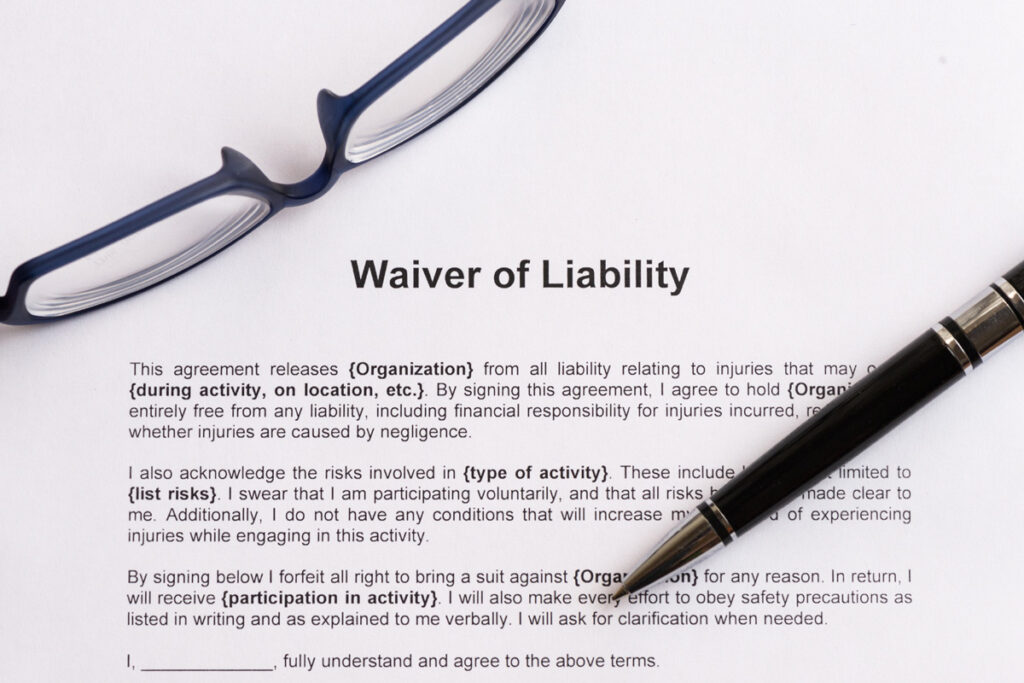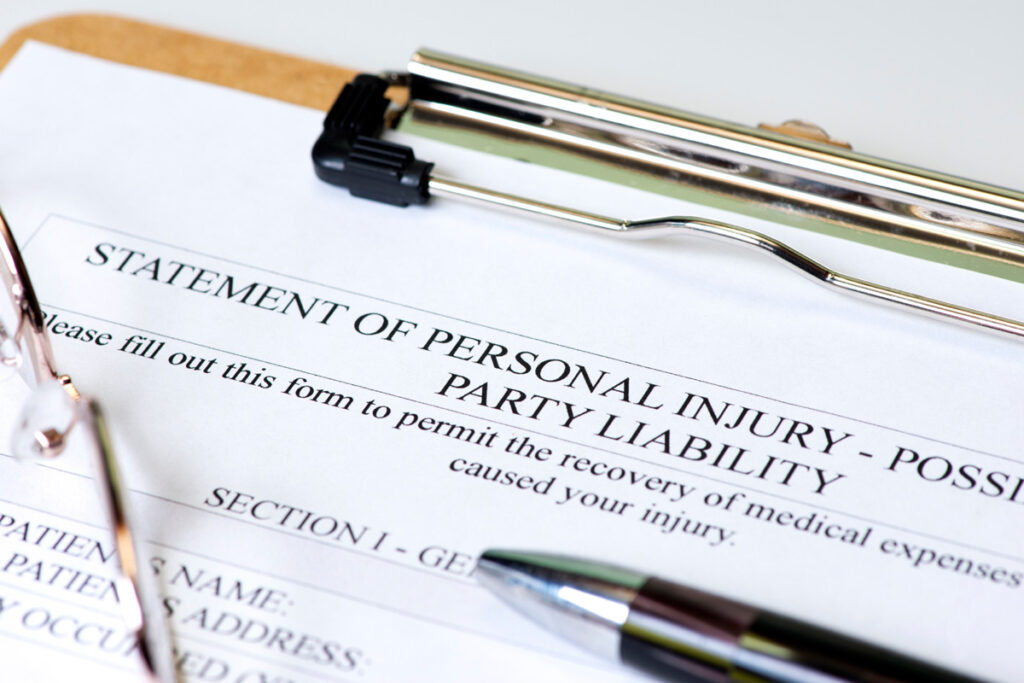Steps to Take If You Encounter a Settlement Delay

It may come as a surprise to you, but the other driver’s insurance company does NOT owe you any legal obligation to pay you for your damages. NONE. That is why you should treat and consider the other driver’s insurance company as the enemy from day one of your claim. Insurance companies often employ delay […]
Overview of Liability in a Construction Accident

Construction sites are inherently dangerous environments with multiple hazards at every turn. Heavy machinery, high scaffolding, and various trades working together may lead to serious accidents if something goes wrong. When these accidents occur, determining who is liable may be complex, as multiple parties may be involved. Liability in construction accidents typically depends on the […]
Factors and Challenges That May Affect Your Motorcycle Accident Claim

Motorcycle accidents may be devastating, often leaving victims with severe injuries and complex legal challenges. If you’ve been involved in a motorcycle accident, obtaining fair compensation for your injuries isn’t always straightforward. Various factors may affect the outcome of your claim, from proving fault to understanding how the insurance company might respond. Knowing these factors […]
Evidence Used to Prove Liability in Commercial Truck Accident Claims

In 2022, there were over 38,62 commercial truck accidents in Texas alone, according to the Texas Department of Transportation. These types of accidents may be devastating, resulting in serious injuries and even fatalities. If you have been involved in a commercial truck accident, it is crucial to understand the evidence used to prove liability in […]
What Delayed Symptoms After a Motorcycle Accident Could Mean

Delayed symptoms after a motorcycle accident often mean that you’ve suffered injuries more severe than you initially anticipated. It’s in your best interest to connect with medical professionals as soon as possible to prevent your injuries from getting worse. You can also work with a loved one or an attorney to document the severity of […]
Who’s At Fault When Your Motorcycle’s Tire Blows Out?

It’s not easy to know who’s at fault when your motorcycle tires blow out. You may assign liability for your accident based on the nature of your surroundings. An investigation into your accident may reveal that construction crews, tire manufacturers, or your fellow motorists bear the blame for your losses. If you’re not sure what […]
Chronic Headache After Your Motorcycle Personal Injury Accident: What to Do Next

You may walk away from a motorcycle accident with a whole suite of injuries, from broken bones to mild joint pain. However, if you find yourself dealing with chronic headaches after a motorcycle accident, it’s time to go to a doctor. Chronic headaches may be a symptom of severe motorcycle accident injuries, including whiplash and […]
Who Is Liable for a Jet Ski Accident in Texas?

Accidents will happen at any time, even when you’re out on the water enjoying the day with jet skiing. Liability in a jet ski accident is often complex and may involve multiple parties, such as the jet ski operator, the rental company, or even the manufacturer of the jet ski. Your lawyer will work to […]
Can I File a Personal Injury Claim if I Signed a Liability Waiver?

If you have ever participated in a recreational activity, attended a sporting event, or visited a business establishment, chances are you have been asked to sign a liability waiver at some point. These waivers are designed to protect the business or organization from legal claims in the event of an accident or injury. But what […]
What Are the Steps of a Texas Personal Injury Claim?

If you are injured due to someone else’s negligence, you may be wondering what steps you should take to seek compensation. A personal injury claim may seem overwhelming. Understanding the basic steps will help make the process smoother and less stressful for you. Seek Immediate Medical Attention The first step in pursuing a personal injury […]
